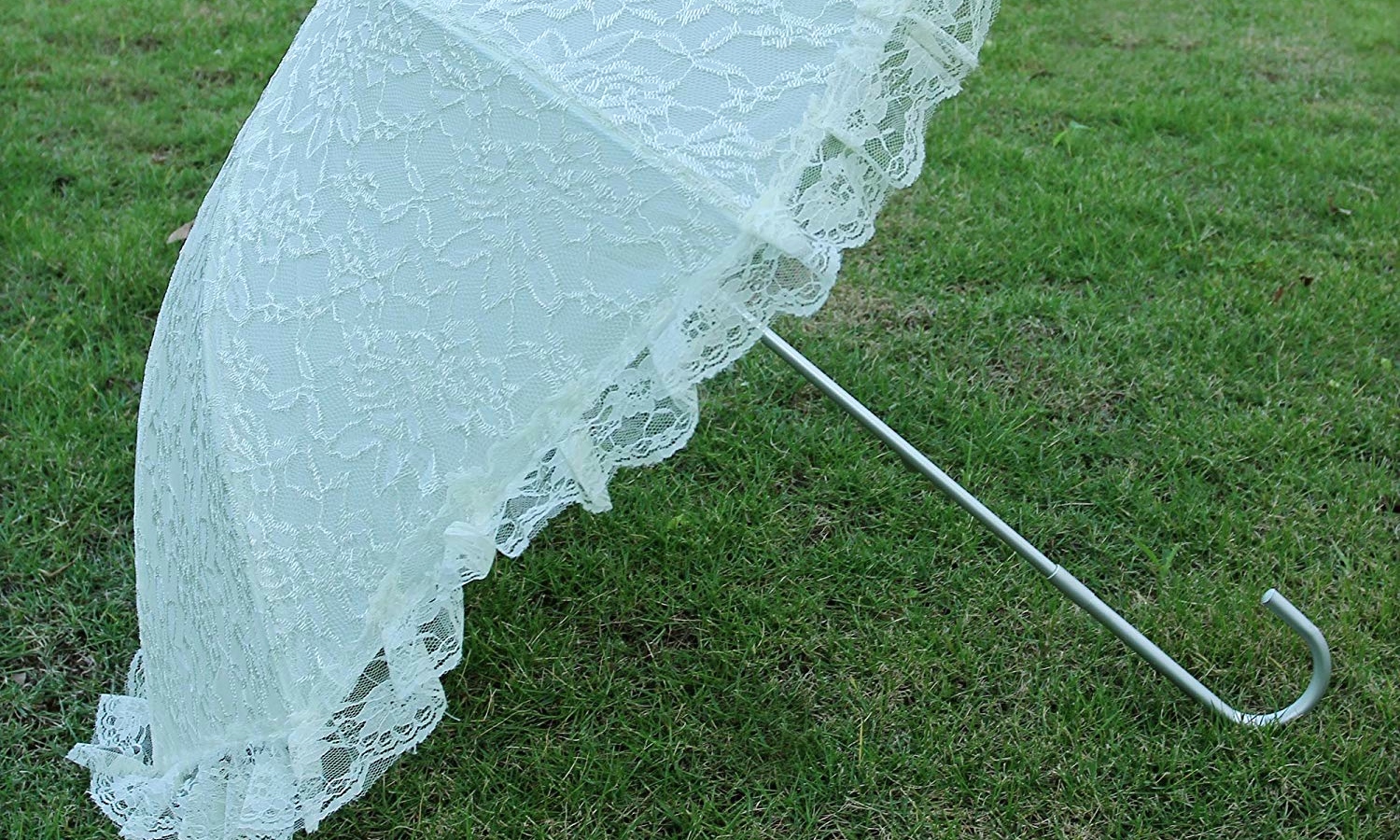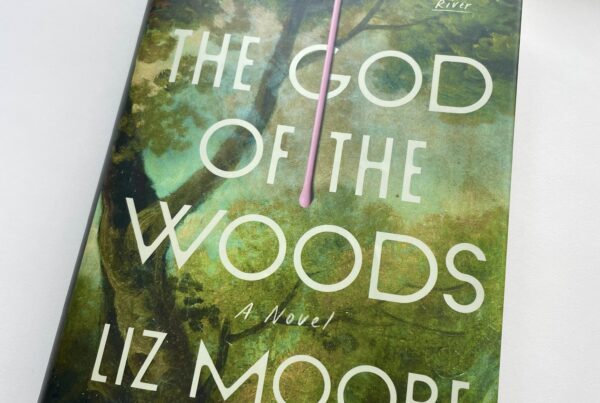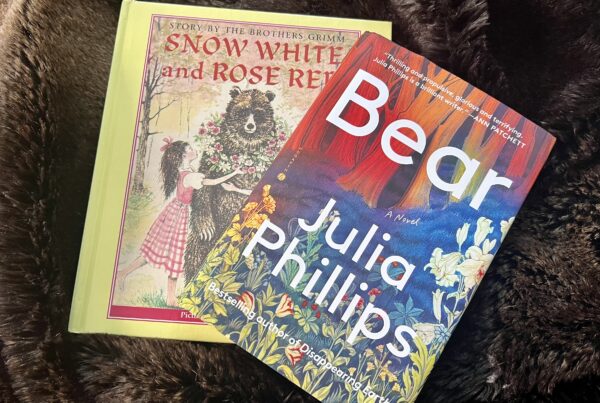a bookclique pick by Katrina Smith
This week I was reflecting on why I write for Bookclique. I decided that it’s the perfect combination of honest reviews and book club vibes, making me feel as if I’ve read or written a trusty reflection on a book a close friend has shared with me. We usually stick with new books, since those are the ones we’re likely able to share for the first time with our personal and internet friends. But today, I want to share a relatively old book. Maybe you’ve read it, but possibly, you haven’t. I’m convinced that if it were more widely read today, it would be canonized as essential feminist fiction reading. It should be!
The Painted Veil (1925) by Somerset Maugham is a splendid novel with exquisite details and a curious plot. For an early 20th century male writer, Maugham’s portrayal of Kitty Fane, a young English woman trapped in a miserable marriage to a bacteriologist in Hong Kong, is remarkably earnest and empathetic. The best book characters are rarely the morally superior, ideal heroes; complicated, flawed protagonists are usually far more captivating and likely to find their ways into readers’ hearts, and Kitty Fane is no different. Kitty begins the novel as a selfish and shallow character but matures into a redeemable and perhaps even admirable woman with a deep sense of her own identity and womanhood. The audience grows with her, loathing her at the start for her callous treatment of her husband and family but learning to understand her complexity and struggles.
The Painted Veil is fresh air for anyone hungering for a literary classic that takes a reflective and self-critical perspective of European colonialism. Maugham is comparatively respectful of the foreign setting he writes for his characters and carefully details the hypocrisies of European imperialism and colonial societies. He is quietly critical of the British Empire and the savior complex it had adopted in East Asia by the 1920s.
Somerset Maugham wrote about ethics in an age of changing values, when most other writers were flirting with modernism and the overturning of traditional morality. As we approach the next “Twenties’” and face a never ending barrage of new tests to our values, Somerset Maugham is a welcome source of guidance and introspection.




